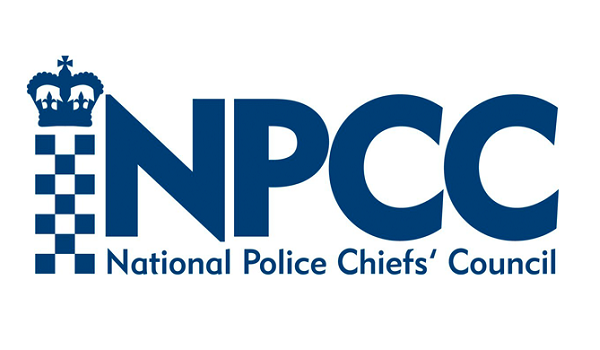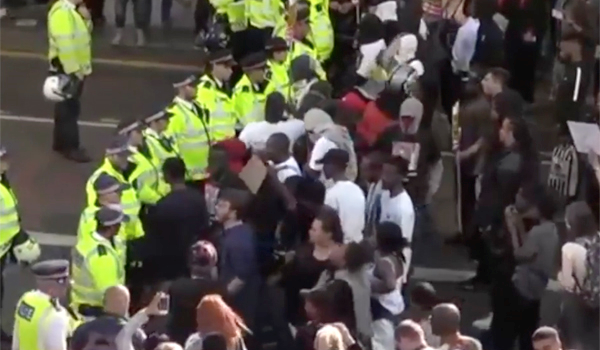Police use of community resolutions will decrease through new strategy
The National Police Chiefs’ Council (NPCC) says figures showing significant numbers of violent offenders being dealt with through community resolutions rather than going to court pre-date the introduction of a new national strategy for out-of-court disposals, which will restrict their use.
According to the BBC’s Shared Data Unit, around 112,000 offenders, including those accused of sexual assault, violence and arson, were being dealt with through community resolution orders each year since 2014.
The figures included 2,500 sex offences, including 27 rapes, although many of these cases were likely to relate to sexual activity between children, such as texting. Community resolution orders were also issued for more than 5,000 cases of possession of weapons, including knives and guns, and for 156,000 violent offences against the person, including 1,720 for cruelty to children.
Responding to the BBC data, the NPCC lead for charging and out of court disposals, Deputy Chief Constable Sara Glen, said: “We anticipate that the number of community resolutions used for indictable offences will further decrease as our new national strategy on out-of-court disposals is implemented by forces.”
She said community resolutions for the very few serious cases considered must be authorised by an officer of a rank not lower than inspector and thematic reviews are conducted to ensure compliance.
“Community resolutions help police handle low-level offending proportionately,” said Ms Glen. “They can involve making amends, apologising or completing educational courses. Victims’ wishes are central to our decision-making and officers have established tools and guidance to help them to reach the right outcome. Our decisions are examined by force scrutiny panels.
“Our national strategy makes clear community resolutions should not be used in the most serious cases. Officers are making decisions about whether it is fair and proportionate to give someone a criminal record for their first minor offence – when they’ve admitted responsibility, offered to remedy the crime, are considered unlikely to reoffend, and can be given a sanction that deters further offending.
“These figures show that around three per cent of crime is dealt with in this way, and that community resolutions are used in one per cent of sexual offence cases. When this occurs, each force will scrutinise the decision to ensure that it is appropriate in the circumstances. The majority in this bracket relate to sexual offences between children and young people, which we would classify as peer on peer – where we have juveniles who are in relationships but are not yet at the age of consent.”







